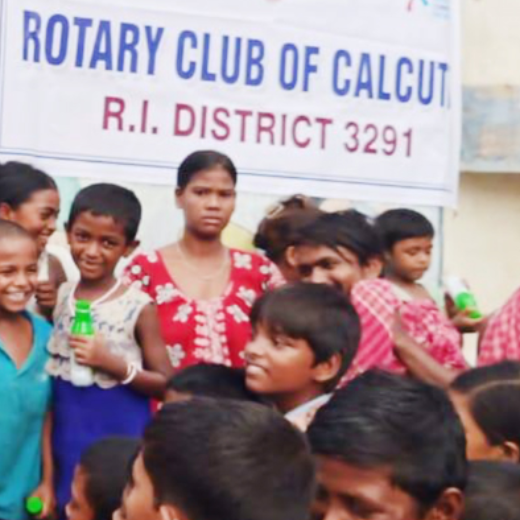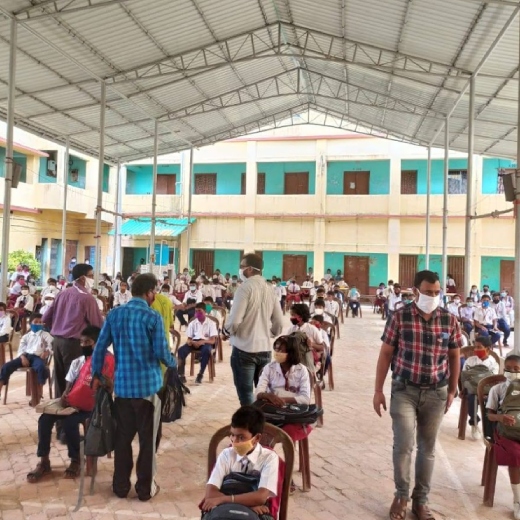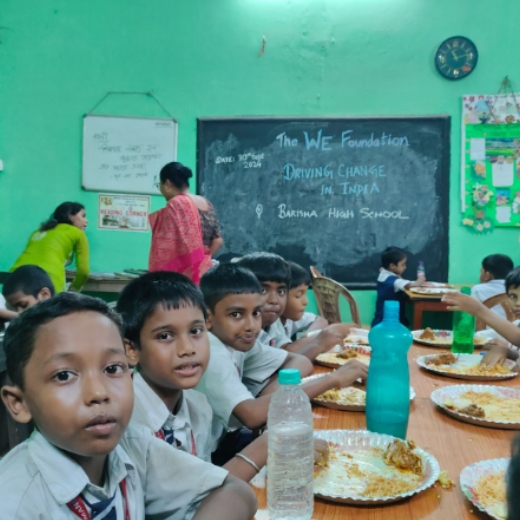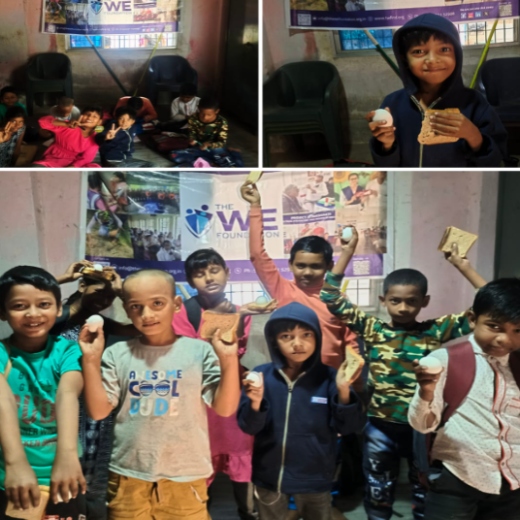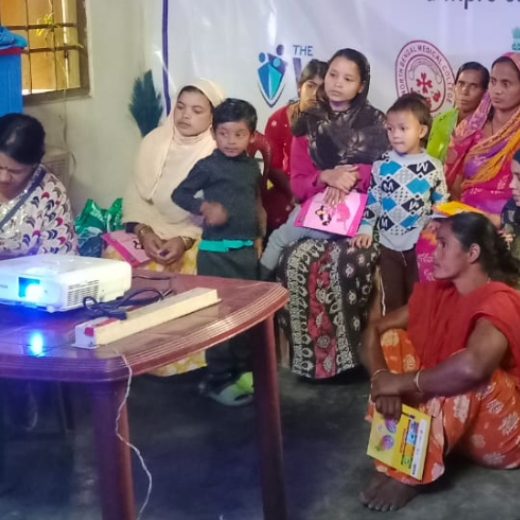Why Nutrition?
Imagine a world where every child wakes up with the energy to chase their dreams and every mother has the strength to nurture her family. In India today, that dream feels distant for far too many.
- 67 out of 100 children and 57 out of 100 women battle anemia, silently stealing their health and future (NFHS-5).
- Poor nutrition is the shadow behind 68% of deaths in children under 5, breaking countless families.
- 1 in 3 children under 5 is stunted, their growth stifled not by potential, but by a lack of nourishment.
- For women, malnutrition increases the risk of complications during childbirth, contributing to 20% of maternal deaths—a tragedy no family should endure.
These aren’t just numbers; they’re stories of struggle and loss. Malnutrition doesn’t just weaken bodies—it dims futures, erodes potential, and takes loved ones too soon.
But there is hope. Every step toward proper nutrition changes lives:
- A well-nourished child is less likely to fall ill and has the strength to thrive in school.
- Addressing anemia in women can save lives and empower mothers, ensuring healthier families.
- Communities with better nutrition see improved productivity and economic strength, creating a ripple effect of progress.
At The We Foundation, we’re on a mission to rewrite these stories. We provide accessible and culturally relevant nutrition solutions to ensure every family, regardless of background, has the chance to thrive. From combating anemia with iron supplements to promoting breastfeeding and teaching families about affordable, nutritious meals, we’re building healthier futures one meal, one person, one community at a time.
Together, we can create a stronger, healthier India. Because no child should go hungry for opportunity, and no mother should lack the strength to dream
What We Do
At our NGO, we are committed to transforming lives through holistic nutrition initiatives. At the TWF Health & Nutrition Centre, we tackle chronic diseases like diabetes, anemia, and hypertension by providing essential supplements and expert diet counseling, complete with personalized diet charts. Our Special Needs Program ensures children’s growth is closely monitored through regular assessments, with tailored feedback and nutritional advice provided to parents for their child’s well-being. Through our Nutrition-Rich Food Camps, we deliver balanced, nutrient-packed meals to school students, fostering healthy habits and combating malnutrition. Together, we are building healthier communities, one step at a time.
Key Focus areas in Nutrition :
- Malnutrition Interventions: We tackle stunting, wasting, and undernutrition in children and women, aiming for sustainable improvement in health outcomes.
- Nutritional Education and Awareness: Through community programs, we educate families on balanced diets, food safety, and the importance of essential nutrients.
- Supplemental Nutrition Programs: We work with local partners to deliver supplemental foods to children and pregnant women, ensuring critical nutritional needs are met.
- School-Based Nutrition Programs: Promoting healthy eating habits among adolescents by introducing nutrition-focused programs within educational institutions.
- Public Awareness Campaigns: Through TV, radio, print media, and workshops, we spread vital information about healthy nutrition practices.
- Regular Growth Monitoring: Regular growth monitoring of children under our “Special Needs” Programme ensures their nutritional well being.
- Nutritional Counselling: In our TWF Health & Nutrition Centre, Nutritional & Lifestyle Counselling is provided for prevention and management of chronic diseases like diabetes, cardiovascular diseases and cancer. Diet Charts are curated by expert dieticians to provide therapeutic nutrition to people in need.
TWF’s integrated approach ensures that nutrition education and resources are tailored to each community’s unique needs, creating lasting changes that improve lives and promote overall well-being. Together, we’re building stronger, healthier futures for India’s most vulnerable communities.


